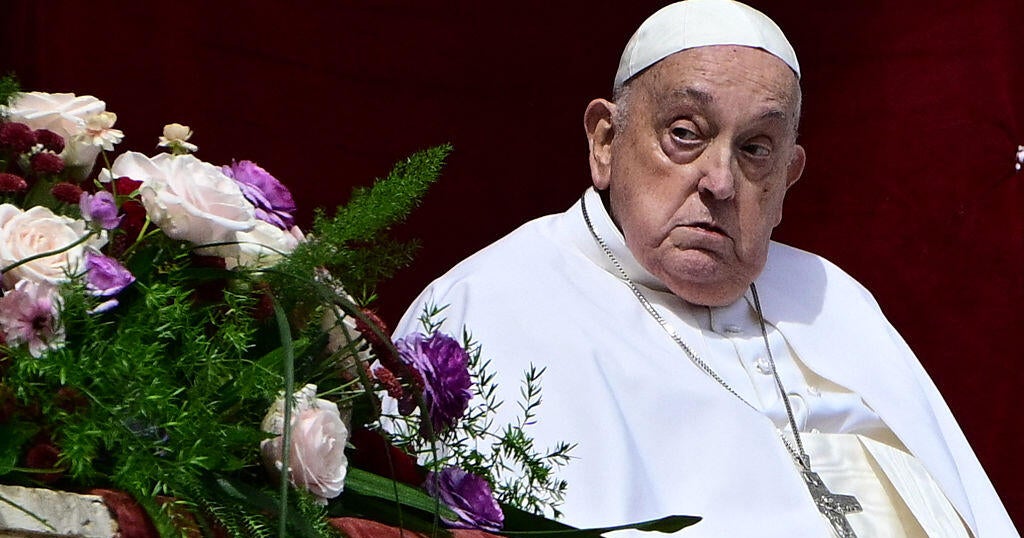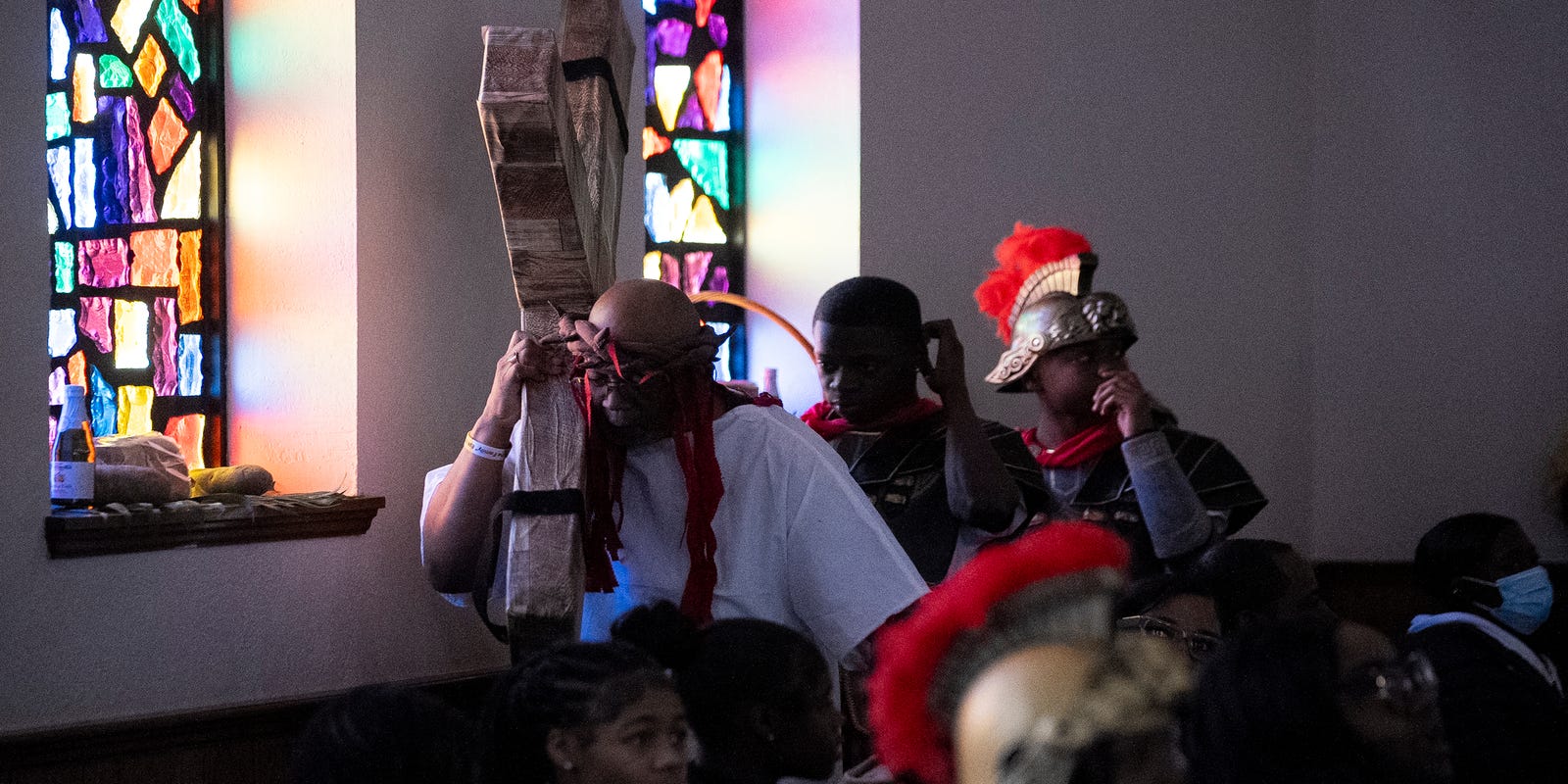Supreme Court Sides with Louisiana in Controversial Death Row Religious Rights Case
Religion
2025-03-19 00:20:08Content

In a deeply divided decision, the Supreme Court allowed the execution of Jessie Hoffman to proceed on Tuesday night in Louisiana, despite last-minute legal efforts to halt the process. The court's ruling was razor-thin, with four justices advocating for a stay of execution—just one vote shy of the five needed to block the punishment.
Hoffman, who was originally sentenced to death for a horrific crime spree in 1996 involving kidnapping, robbery, and rape, faced his final moments as the legal system ultimately declined to intervene. The narrow margin of the Supreme Court's decision highlights the ongoing tensions surrounding capital punishment in the United States.
The case drew significant attention as it underscored the complex and often contentious nature of death penalty proceedings, with passionate arguments on both sides of the judicial divide. Ultimately, the execution moved forward, marking another somber chapter in the ongoing national debate about criminal justice and capital punishment.
Supreme Court's Controversial Decision: Jessie Hoffman's Execution Moves Forward Despite Divided Opinions
In a pivotal moment that underscores the ongoing debate surrounding capital punishment in the United States, the Supreme Court has once again found itself at the center of a contentious legal battle, revealing the deep philosophical and ethical divisions that continue to challenge the nation's judicial system.Justice Hangs in the Balance: A Razor-Thin Margin of Judicial Discretion
The Judicial Landscape of Capital Punishment
The Supreme Court's recent decision regarding Jessie Hoffman's execution represents a microcosm of the broader, more complex narrative surrounding capital punishment in America. The court's deliberation process revealed a stark divide, with four justices advocating for a stay of execution while falling just one vote short of halting the proceedings. This razor-thin margin illuminates the profound moral and legal complexities inherent in death penalty cases. The intricate legal landscape surrounding capital punishment continues to challenge the fundamental principles of justice, mercy, and human rights. Each case brings to the forefront critical questions about the role of the judicial system in determining the ultimate punishment, and the delicate balance between retributive justice and human dignity.Jessie Hoffman: A Case Study in Judicial Complexity
The case of Jessie Hoffman traces back to a heinous crime committed in 1996, involving kidnapping, robbery, and rape – a constellation of offenses that pushed the boundaries of legal and moral considerations. The decades-long journey through the judicial system highlights the intricate process of capital punishment cases, where multiple layers of legal review and constitutional scrutiny come into play. The Supreme Court's decision reflects the nuanced and often controversial nature of death penalty cases. With justices deeply divided, the case underscores the ongoing national dialogue about the ethics, effectiveness, and moral implications of capital punishment in the modern judicial system.Procedural Dynamics and Judicial Interpretation
The court's deliberation process revealed the complex mechanisms of judicial review. The fact that four justices were prepared to halt the execution demonstrates the ongoing internal debates within the highest court of the land. This near-split decision emphasizes the profound philosophical differences that exist even among the most experienced legal minds in the United States. Legal experts continue to debate the implications of such close decisions, recognizing that each vote represents not just a legal interpretation, but a deeply personal moral stance on the most serious of judicial actions – the taking of a human life through state-sanctioned execution.Broader Implications for Capital Punishment
Hoffman's case serves as a critical touchstone in the ongoing national conversation about capital punishment. It brings to light the intricate balance between legal precedent, individual rights, and societal expectations of justice. The Supreme Court's decision reflects the broader challenges faced by the American judicial system in addressing complex criminal cases. The execution proceeds against a backdrop of increasing scrutiny of capital punishment, with many states reconsidering their stance on the death penalty. Each case like Hoffman's contributes to the evolving dialogue about the role of punishment, rehabilitation, and human rights within the criminal justice system.RELATED NEWS
Religion

Beyond Belief: A Psychiatrist's Compassionate Journey Through Faith and Humanity
2025-03-27 18:58:39
Religion

Faith Exodus: The Rising Tide of Young Adults Abandoning Religious Roots
2025-04-07 00:00:00
Religion

Faith in Mourning: Pittsburgh Clergy Reflect on Pope Francis's Unexpected Passing
2025-04-21 09:39:03

-1.jpg)



